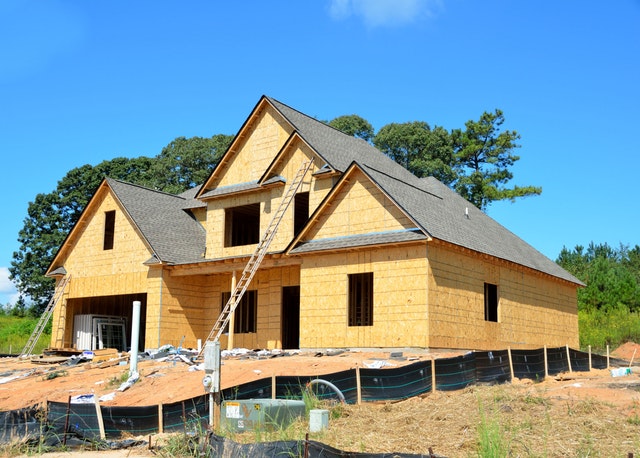Selling Your Home FHA? Learn These Tips To Ensure A Smooth Closing
 Before an owner can market a property to buyers that want to use a FHA loan, he will want to familiarize himself with the FHA’s standards. FHA won’t insure loans on just any property.
Before an owner can market a property to buyers that want to use a FHA loan, he will want to familiarize himself with the FHA’s standards. FHA won’t insure loans on just any property.
While their standards aren’t as stringent as they used to be, a home needs to be in relatively good condition to qualify for FHA financing.
Location and Lot
To qualify for FHA financing, the property has to be located on a road or easement that lets the owner freely enter and exit. The access also has to be paved with a surface that will work all year — a long dirt driveway that washes out in spring won’t qualify.
The FHA also wants the lot to be safe and free of pollution, radiation and other hazards. For that matter, it also needs to provide adequate drainage to keep water away from the house.
Property Exterior
The FHA’s requirements for making a loan start with the home’s roof. To pass muster, the house must have a watertight roof with some future life left. In addition, if the roof has three or more layers of old shingles, they must all be torn off as part of the replacement process.
The property’s exterior has to be free of chipped or damaged paint if the home has any risk of having lead paint. Its foundation should also be free of signs of exterior (and interior) damage. It also needs full exterior walls.
Property Interior
The property’s interior also needs to be inspected. FHA standards require that the home’s major systems be in good working order. Bedrooms should have egress routes for fire safety and the attic and basement should be free of signs of water or mold damage.
The bottom line is that the FHA wants to make loans on homes that borrowers can occupy. This doesn’t mean that a home has to be in perfect condition to be sold to an FHA mortgage-using borrower.
Contact your trusted mortgage professional to discuss these issues as well as any other questions regarding the sale of your home.


 Buying a new home is exciting. Buying a brand new home can be even more so with the realization of being the first owner and possibly being able to choose your own layout and finishes. The prospect of owning new construction is definitely exciting, but it doesn’t come without its own set of questions.
Buying a new home is exciting. Buying a brand new home can be even more so with the realization of being the first owner and possibly being able to choose your own layout and finishes. The prospect of owning new construction is definitely exciting, but it doesn’t come without its own set of questions.